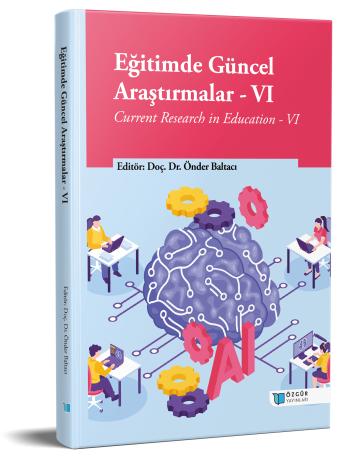
An Intangible Cultural Heritage: Traditional Children's Games Adapted to Mathematics
Chapter from the book:
Baltacı,
Ö.
(ed.)
2023.
Current Research in Education - VI.
Synopsis
The aim of this study is to give clues about how traditional children's games, which are a means of transferring intangible cultural heritage, are adapted to mathematics according to the grade level and how they can be applied in the process. In this context, the learning outcomes selected from the five learning areas of the mathematics curriculum were presented by adapting them to traditional children's games. It is seen that children's games in Turkish culture are encountered in games in other cultures, and sometimes the differences in the name, the tools-materials used, the materials prepared or the way they are played are noticeable, but the "game" is actually the same "game" all over the world. Therefore, trying to keep all cultures, especially Turkish culture, alive by adapting the traditional games of each nation to mathematics is a great wealth. The magic of mathematics, which has existed for centuries since the discovery of mathematics, opens the doors to the fun world of mathematics thanks to games. If some students who are not interested in mathematics could take a step into the magical world of mathematics, they would understand that although mathematics is difficult, it is actually a fun pursuit, and that they can even enjoy it once the secret is solved. For this reason, in order for children not to be afraid of mathematics and to love mathematics, they should be made to play traditional games at every opportunity, which are effective in helping children learn mathematics, understand mathematics better and make the lesson more fun. In this way, it may be possible to provide effective learning during school years and throughout life by activating children's desire to play, which they have the most fun with and that they have from the moment they are born. Therefore, thanks to the adapted traditional children's games, mathematics teachers can be informed about traditional children's games and how these games are adapted and get used to using these games from time to time in the process. Thus, in this space where we have differences, it is not overlooked that there are children with low academic success and who learn slower or differently than their peers, and a different method can be made to make them love and teach mathematics through games.

